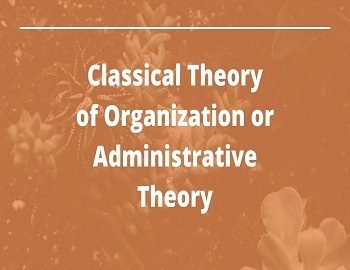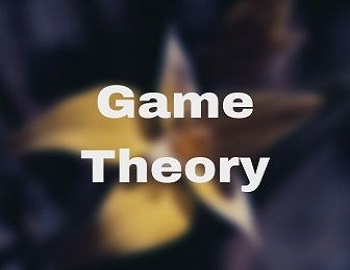The Chinese Revolution and its Aspiration:
After World War II, China became very active in world politics. The Chinese Communists are revolutionaries and they would like to play their part in the conquest of the world by Communism. According to Mao Tse-Tung, “The Chinese revolution is indeed, a glorious and important part of the world revolution.” Again he says “We oppose the illusion of a third road not only in China but also in the world; without exception, one can either lean to the side of imperialism oe to the side of socialism. Neutrality is camouflage and a third road does not exist………Internationally we belong to the anti-imperialist front, headed by the U.S.S.R., and can only look for genuine friendly aid from that front, and not the imperialist front.” According to Liberman, “Two basic tasks appear to have been assigned to the Chinese Communists in extending the Soviet-directed world revolution. Militarily, their job seems to be to provide a cushion of defense for the Soviet Union and use their weight in Asia to reduce the overall military capacity of the Western power. Politically, it is to promote revolution throughout South-East Asia. The main target of both is the United States.
According to Prof. Harish Kapoor, there does not appear to be any doubt that after the World War II phase of China’s area of interest and action is no longer confined to any particular region or continent. The whole wide world has become an intense field of diplomatic activity, where moves and countermoves are continuously made, where politics of international balance of power is followed, where frequent adjustments are instituted in the light of the rapidly changing international situation, and where trade and aid are used as an instrument by Peking “to foster its over-all political and economic goals to make China a strong unified nation capable of exercising leadership in Asia and the world.
Prof. Sharan says that one obvious thing about the new Chinese regime is its territorial ambition. In a map published in Peking, China has laid claims to the following: Chinese territories stolen by the Imperialists: Nepal, Bhutan, Sikkim, Assam, Laos, Vietnam, Cambodia, Thailand, Malaya, Burma, Taiwan, Korea, Outer Mongolia, etc.
The objective, says H. G. Schwarz, of the Chinese Communist foreign policy since 1958 has been to establish a new t’ ein hsia, a new order in the world in which China would play the central role as she had in pre-revolutionary days. Acknowledgment of Chinese sovereignty was not to be in the form of gifts but in terms of political allegiance. This view was not without precedent. As stated earlier, Mao had for some time believed the Chinese Communist revolution will serve as the model for all other ex-colonial countries. To sum up, the foreign policy of China aims at rallying the communist world under the banner of Mao’s thinking and seeks to overthrow the non-communist regimes in the world either by sabotage or by concern or by military conquest, in order to establish in the world a Maxian socialist society i.e. Communism.
Few people consider themselves wrong and evil, but there are very few people on earth who are so sublimely confident as are the Chinese Communist leaders that they are always right and good. They have arrogated to themselves the right to represent the “revolution”. Those who disagree are automatically wrong and evil. This attitude is displayed in their quarrels with the Russians.
Though, after Khrushchev’s fall as before, the Russians suggested some enlargement of collaboration, both economic and political, the Chinese have uniformly rejected these advances as made in bad faith, accusing the Russians of trying “to sell horsemeat as beef steak.”
In sum, as Prof. Schwarz says, we can expect the Chinese leadership to continue its present policies towards South-East Asia without major modification. It will continue to seek to re-establish China’s hegemony over the area through a combination of threats and blandishments. Its probable optimum goal is the establishment of indigenous communist Governments willing to support Peking rather than Moscow in its bid for world leadership.”









Comments (No)